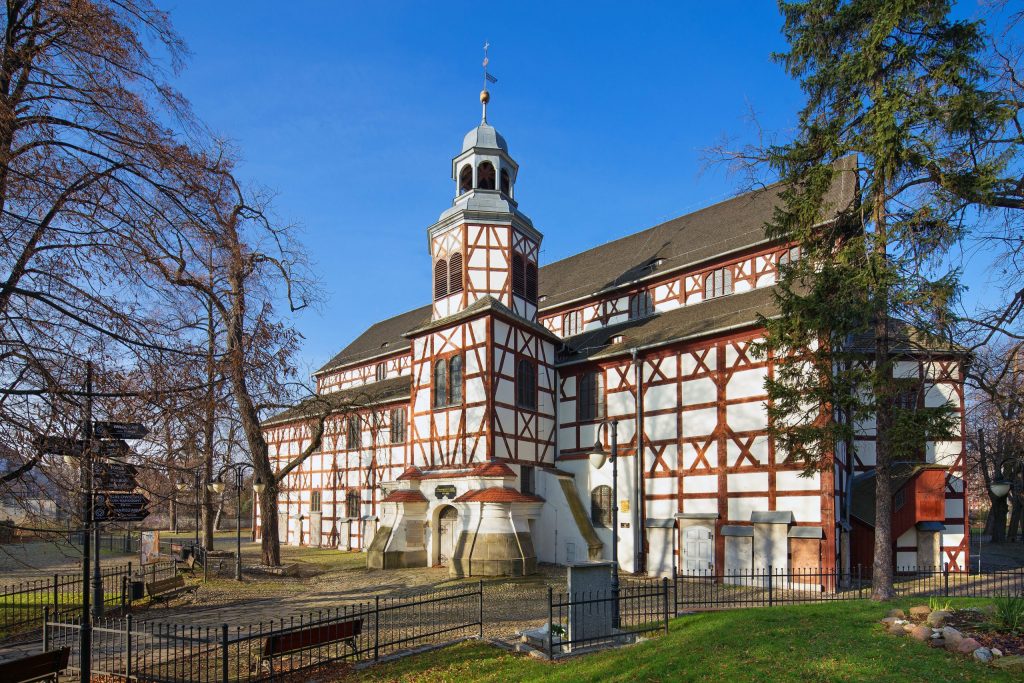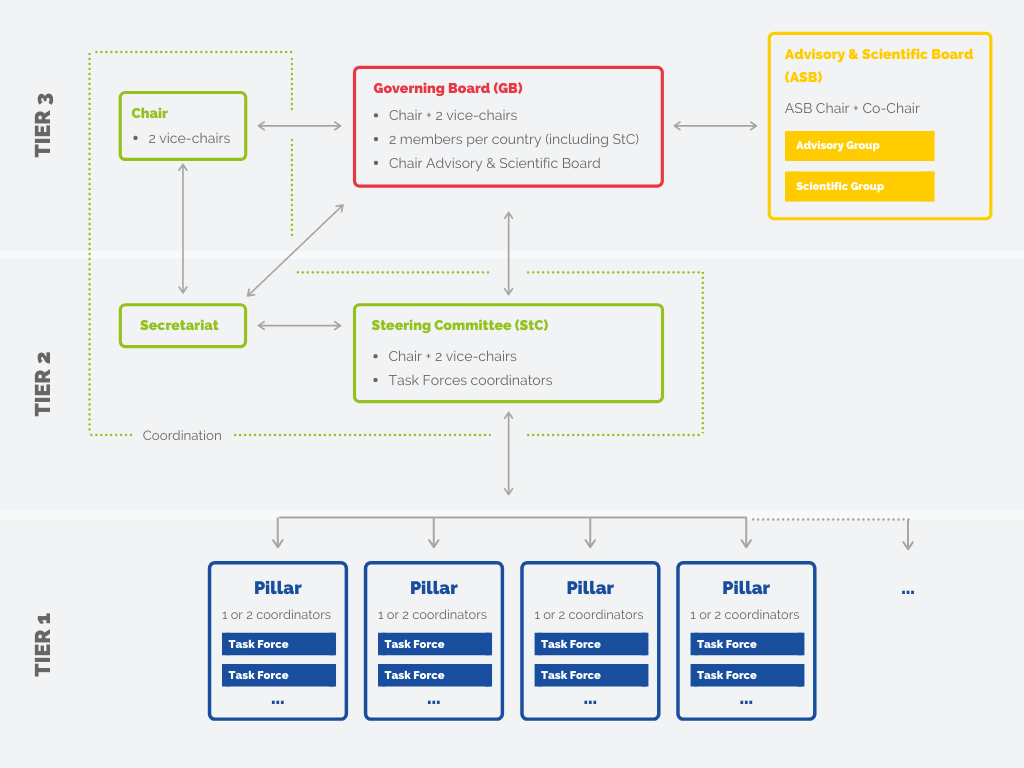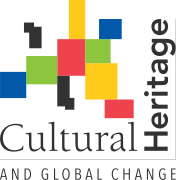Who we are
The Joint Programming Initiative for Cultural Heritage and Global Change (JPI CH) was created in 2010 based on an instrument launched by the European Commission. It is a Member-State-driven initiative bringing together national research funding organisations, ministries, and research councils from Europe to address societal challenges in the frame of the European Research Area (ERA).
Cultural heritage is an essential component of individual and collective identity, both in its tangible and intangible forms. Collectively, it brings societies together by both reflecting and shaping common values, beliefs, traditions, and ways of living. Individually, it enables people to define a sense of identity and belonging. According to the definition by UNESCO, Cultural Heritage is composed of:
- Tangible heritage: movable and immovable assets such as paintings, sculptures, objects, manuscripts, monuments, archaeological sites, shipwrecks etc.
- Intangible heritage: traditions, performing arts, social practices, skills and traditional knowledge etc.
- Natural heritage: natural sites with cultural aspects such as cultural landscapes, physical, biological, or geological formations etc.
- Digital heritage: computer-based material such as databases, still and moving images, audio, graphics, software, web pages etc.
Contact JPI CH


Yet, apart from natural ageing, cultural heritage is exposed to many threats. Climate change and pollution, increasing urbanisation, mass tourism, human negligence, vandalism and even terrorism are challenging the preservation of heritage assets worldwide. Research into strategies, methodologies and tools is required to protect, strengthen, and adapt cultural heritage to these threats in the most sustainable way.
To address these challenges, the JPI CH focuses on five main objectives:
- Improve the coordination of research on Cultural Heritage at the EU level by identifying short and long terms needs and priorities.
- Concentrate and increase human, material and financial resources allocated to Cultural Heritage research at the European level.
- Promote joint and multidisciplinary approaches to Cultural Heritage research and improve knowledge.
- Increase awareness of citizens, policymakers, and stakeholders.
- Build a European Research Area (ERA) to Cultural Heritage Research and bring it to the international level.
The JPI CH implements various activities. It publishes strategic research agendas, organises joint calls for research and innovations projects, scientific and policy conferences, workshops, dissemination activities, coordinates policy alignment between JPI CH partners, or establishes relationships with other regional, European and international networks, programmes and initiatives.
Partners and observers
Governance
The governance of the JPI CH relies on a three-tier structure composed of:
- A Chair and up to two Vice-chairs.
- A Governing Board (GB).
- A Steering Committee (SC).
- An Advisory and Scientific Board (ASB).
- A Secretariat.
- Pillars and Task Forces

It is composed of the Chair, the Vice-chair(s), and a maximum of two delegates and one deputy delegate per participating country (Partners and Observers). Each country holding Partner status has one vote, regardless of the number of its delegates.
The roles and functions of the Governing Board include:
- To elect the Chair and to approve the nomination of the Vice-chair(s).
- To write, update and adopt key documents such as the Vision Document of the JPI, the Terms of Reference (ToR) and the Strategic Research and Innovation Agenda (SRIA).
- To elaborate on the strategic plan of activities for the implementation of the SRIA.
- To adopt the composition of the Advisory and Scientific Board.
- To approve contributions from Partner countries and make budgetary arrangements.
- To adopt calls for proposals and other joint activities following the principle of variable geometry.
- To report to Partners and Observers and inform all the European Stakeholders involved in the implementation of the European Research Area (ERA) on the implementation of the JPI.
The Governing Board meets normally twice a year.
Experts and representatives of the European Commission can be invited to participate as observers.
It is composed of the Chair, Vice-chair(s) and the Task Forces coordinators.
The roles and functions of the Steering Committee include:
- To draft the guidelines for the elaboration of the strategic plan of activities for the implementation of the SRIA by the Governing Board.
- To forward to the Governing Board proposals on each of the matters submitted to it as well as all relevant information of the discussions held at the Steering Committee.
- To coordinate the implementation and follow-up of other Joint Activities.
- To elaborate a three-year Financial Annex for the JPI CH.
- To coordinate the programme research activities (calls for proposals), the assessment of the impact of the JPI CH, the training activities, and the dissemination of results.
The Steering Committee meets at least twice a year.
The Advisory Group comprises fifteen European and international private and public bodies and organisations relevant to the JPI CH.
Members have a three-year renewable mandate.
Isabel Rodriguez-Maribona, Chair of Heritage & Regeneration Committee, ECTP
Jean-Christophe Simon, Board member, ICOMOS
Alison Heritage, Project Manager, Strategic Planning and Research, Strategic Planning Unit, ICCROM
Alessandro Balsamo, Chief of the nominations Unit, World Heritage Centre, UNESCO
Koen Van Balen, Council member, Europa Nostra
Harry Verwayen, Executive director, Europeana
Toma Tasovac, director, DARIAH
Luca Pezzati, coordinator, E-RIHS
Wojciech Sowa, Chair, Humanities in the European Research Area, HERA
Elis Marçal, President, European Confederation of Conservators-Restorers’ organisations (ECCO)
Georg Pendl, President, Architects’ Council of Europe
Francesc Pla, Culture and Cultural Heritage Division, Council of Europe
Frederic Kaplan, President, Time Machine
Tim Badman, Director, IUCN Nature-Culture Initiative, ICUN
The Scientific Group is composed of twelve experts from countries involved in the JPI CH and countries outside the JPI CH.
Members have a three-year renewable mandate.
Neil Forbes, Coventry University, United-Kingdom
Ingar Leemans, Department of Art and Culture, History and AntiquityVrije Universiteit Amsterdam (VU) & Humanities Cluster, Royal Netherlands Academy of Arts & Sciences (KNAW)
Benjamin Gearey, University College Cork, Ireland
Ana Pereira Roders, Delft University of Technology, The Netherlands
Håkon Glørstad, University of Oslo, Museum of Cultural History, Norway
Tobias Plieninger, University of Göttingen and Unversity of Kassel, Germany
Costanza Miliani, Istituto di Scienze del Patrimonio Culturale, Consiglio Nazionale Delle Ricerche, ISPC‐CNR (Institute of Heritage Science, National Research Council), Italy
May Cassar, University College London, Institute for Sustainable Heritage, United Kingdom
Marija Drėmaitė, Vilnius University, Lithuania
Nicolas Adell, University of Toulouse Jean Jaurès, France
Eva Svensson, Karlstad University; Risk- and Environmental Studies (Department of Political, Historical, Religious and Cultural Studies)
and Centre for Research on Sustainable Societal Transformation (CRS), Sweden
Ana Amendoeira, Ministry of Culture, Portugal
It takes care of the administrative implementation of JPI internal instruments and the coordination of the activities between the different bodies.
The Chair of the JPI CH supervises it.
Alexandre Caussé, Head of the Secretariat, alexandre.causse@jpi-ch.eu
Léa Orlandi, Project Manager, lea.orlandi@jpi-ch.eu
These activities are assigned to ad hoc Task Forces inside the Pillar. Task Forces are established temporarily to address a specific issue. They are composed of representatives from organisations members of the JPI CH who decide, voluntarily, to participate in specific activities proposed by the Governing Board and/or the Steering Committee.
At the moment, the JPI CH relies on three main pillars:
- Pillar Strategy
- Pillar Programming
- Pillar Communication and Impact
Strategic Research and Innovation Agenda
Strategic Research and Innovation Agenda 2020 builds on SRA 2014 and reflects the political, economic, sociocultural and technological changes that have occured in recent years. It capitalises on the increasing policy developments both within Europe and beyond which demonstrate the intrinsic and instrumental values of heritage. Through consultation with the JPI CH’s Advisory and Scientific Board and National Consultation Panels, four Priority Areas were identified:
- A reflective heritage for a resilient society – this Priority Area focuses on cultural heritage as an empowering force and a collective good for society.
- Sustainable management of cultural heritage – this Priority Area focuses on participatory governance, the added value of cultural heritage and emerging technologies.
- Cultural heritage in a changing context – this Priority Area focuses on urban and rural development, globalisation, demographic change and tourism and will explore both the positive and the negative implications for cultural heritage.
- Cultural heritage facing climate and environmental change – this Priority Area focuses on the impact of climate and environmental changes on cultural and natural heritage and how cultural and natural heritage could be as resource for Sustainable Development.
Overarching research principles have been agreed which will underpin the future joint activities of the JPI CH. They reaffirm that the initiative promotes a holistic approach to cultural heritage and encourages collaborative, transdisciplinary, interdisciplinary, innovative, basic and applied research, to meet societal challenges and contribute to sustainable development. Public participation and engagement should be at the heart of the joint activities, and education and training opportunities should be developed. SRIA 2020 aims to ensure that the JPI CH supports digital innovation within the heritage sector and contributes to the UN Sustainable Development Goals.
In order to implement SRIA 2020, following are the three operational instruments:
- Funding instruments allow for financial resources from the participating national programmes to be pooled to launch joint funding calls which will provide a better use of public resources, add value and avoid duplication.
- Networking instruments centre on knowledge exchange, communication and dissemination across funding programmes and promote joint activities between JPI CH partners and in cooperation with other instruments.
- Management instruments comprise activities, processes and mechanisms to support the governance and overall management of the JPI CH.
You could read and download the SRIA 2020.
Become a member
Membership is open to any Member State of the European Union, Associated Country to the European Framework Programme or Third Country.
There are two categories of members:
- Partners: there are countries which are fully committed to the JPI CH, contributing to its activities, and participating in its day-to-day life. They participate in the decision-making processes and pay an annual contribution (in cash or in-kind).
- Observers: they can participate in the discussions but not in the decision-making processes. They can attend meetings upon request and may take part in any activity of the JPI CH on condition that they provide the required contribution.
A country wishing to join the JPI CH, as an Observer or a Partner, must send to the Chair of the JPI CH a formal request addressed to the Governing Board with a document detailing the rationale and objectives for joining the JPI CH, the country’s national priorities and research landscapes, and its funding capacities.

